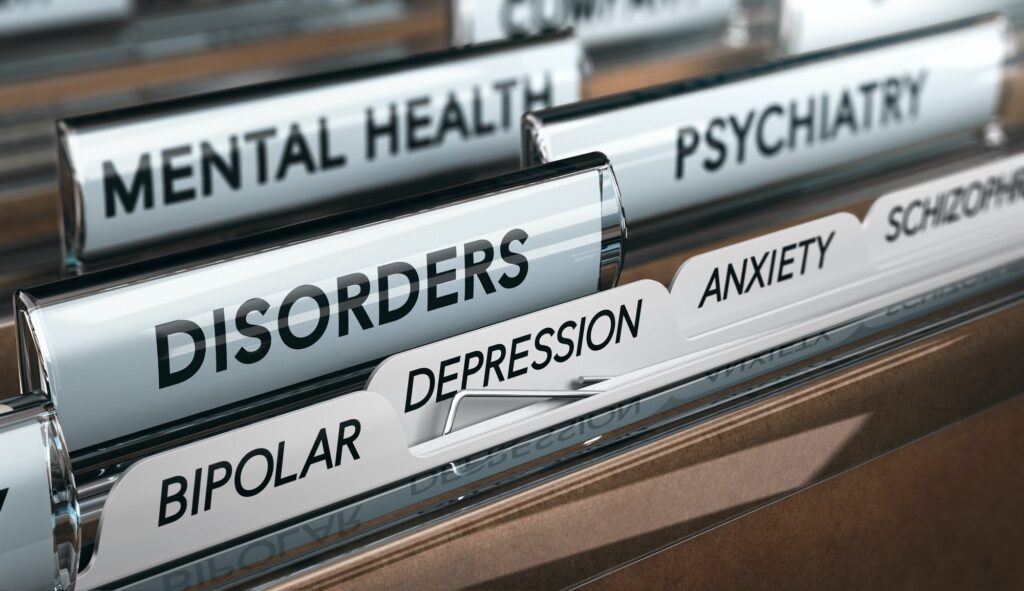
ADHD is a disorder in which a person is easily distracted and exhibits hyperactive behavior; it can occur in adults and children. ADHD can be difficult in everyday life. In our society it is “normal” for children to sit still in a classroom, for adults to be able to concentrate for long periods of time.
Therefore, medication is often prescribed to attenuate the symptoms of ADHD. But medication can have nasty side effects. Another, more natural approach can be achieved by microdosing.
What is ADHD?
There is increasing attention to alternative approaches to health problems, whether mental or physical. Microdosing is becoming increasingly popular. It could also be used for ADHD. What exactly is ADHD? Probably the origin of ADHD lies in the brain and specifically in the communication between different parts of the brain. Messages between brain cells are sent using neurotransmitters. Some of these substances, dopamine and norepinephrine, are less present in the brains of people with ADHD.
The consequences of this can be seen in behaviour. Known characteristics of ADHD are:
You often hear about children with ADHD, but this disorder also occurs in adults. However, they generally suffer less from the symptoms. Often the physical hyperactivity subsides later in life. 60% of children with ADHD continue to suffer from it in adulthood. It is possible that people with ADHD also develop other mental symptoms, such as depression or anxiety.
The symptoms of ADHD are seen as problematic. In a class of 30 children, a busy child is not easy to maintain. A child may also have learning difficulties because he or she is too easily distracted and unable to concentrate. Amphetamine-based drugs are then prescribed, such as Ritalin or Adderall. These are medications that are stimulants, improving mood and reducing hyperactivity. Usually people can concentrate better then.
Unfortunately, taking this type of medication for a long time can cause health problems. Some are less serious (headaches, sweating, dry mouth), but others can be serious, such as high blood pressure, increased risk of heart attack or stroke.
Just because of the potential impact on your health, it’s worth looking for an alternative to your usual medication. But there are other reasons. Ritalin and other drugs can also make you feel like you’re not yourself anymore. They’re so narcotic, you feel like a zombie. That’s not nice.
Furthermore, ADHD does not only have negative characteristics. For example, someone with ADHD has a lot of energy. ADHD people are often creative, spontaneous and can think out-of-the-box. One of the most special and useful characteristics is hyperfocus: the ability to be completely absorbed in something for a long time. You can obviously benefit greatly from this. If you take medication, these positive features of ADHD can be lost with the negative ones.
That’s why microdosing can be a solution. It brings balance to your system, without having to lose the positive aspects of you personally. When microdosing, you take a minuscule amount of a psychedelic drug. The dose is so low that you don’t suffer from the mind-altering effects, but you do suffer from the properties that can help you.
With ADHD psilocybin is mostly used, but now research is also being done on the possibilities of LSD.
Microdosers
Micro-dosers indicate that their focus has improved significantly and that they find it easier to be present in the now. They are more aware of themselves and can more easily retrieve their attention if they lose it.
In an exploratory, dose-finding study on
research
on LSD, healthy volunteers who used drugs recreationally participated. The effects of three low doses of LSD were compared with a placebo. The highest dose was found to improve concentration and mood. Although this was only an exploratory study, the researchers found the results to be significant. They think microdoses of LSD might be used to treat ADHD.
Besides the fact that you can suffer from ADHD itself, other symptoms are also common, such as depression or anxiety. Someone with ADHD has almost three times the chance of developing depressive symptoms. In addition, in many cases the complaints are more serious. Microdosing with psilocybin can help with that as well. The convenient thing about this is that you can address all the different complaints with one treatment method.
The advantage of microdosing is firstly that it is a natural substance (in the case of psilocybin, cannabis or mescaline). These drugs have few side effects when microdosed. Their strength lies in the fact that they work together with the body and can possibly supplement shortages of certain substances. They help you to become more balanced in a natural way, without it feeling like you are losing parts of yourself.
Do you want to try microdosing with psilocybin, then you can use the handy ready-made packages
truffles
from dutchmicrodosing.com. The best way is to use microdosing, whereby you take a dose on day 1
routine
where you take a dose on day 1 and then take two rest days. If you are on medication, consult your GP first.


